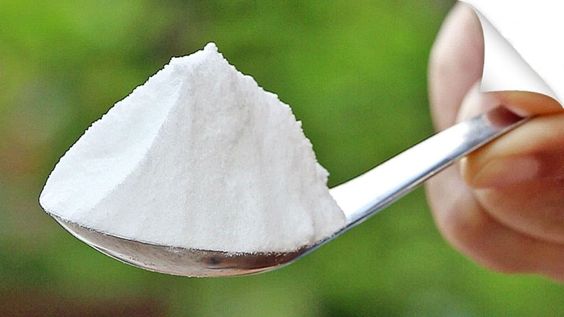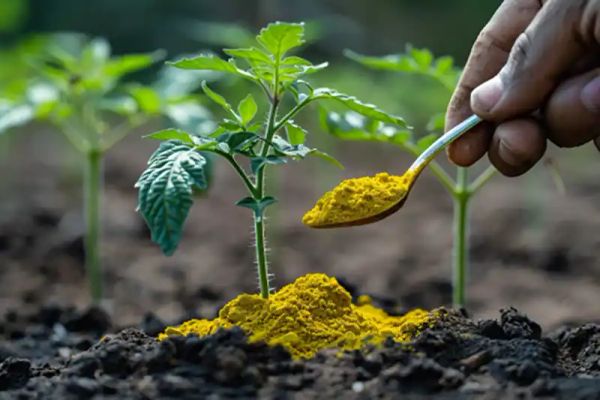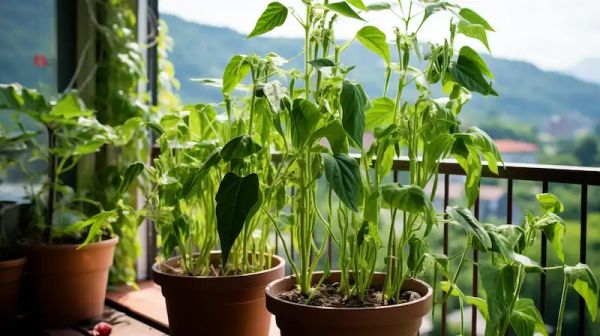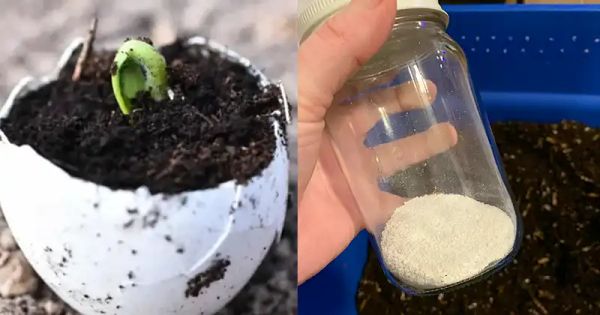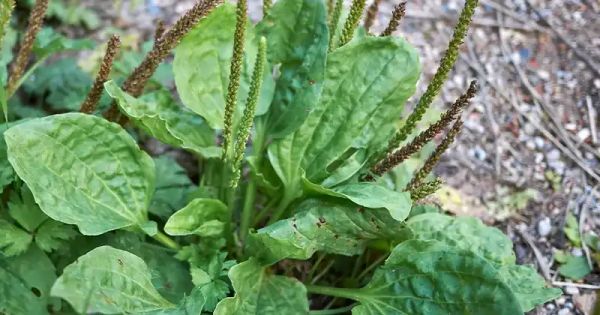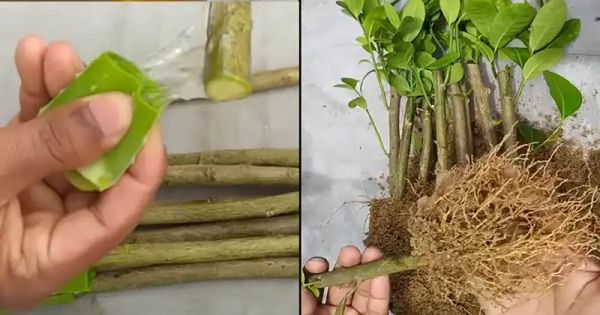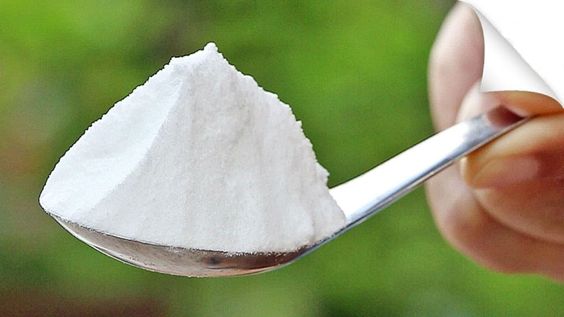
Every gardener dreams of a lush, vibrant garden free of pests without using harsh chemicals. Snails, while small, can be a significant nuisance as they feast on a wide variety of plants, often damaging your hard work. Interestingly, a simple solution involving just a drop of salt can help keep these pests at bay. Here’s how to use salt effectively and safely in your garden.
Why Salt?
Salt is a powerful deterrent for snails due to its dehydrating properties. When snails come into contact with salt, it absorbs moisture from their bodies, discouraging them from crossing the barrier. While effective, it’s important to use this method judiciously to avoid harming your plants and the soil.
How to Use Salt Against Snails
1. Targeted Application: Instead of sprinkling salt all over your garden, which can degrade soil health, use it strategically. Apply a tiny pinch of salt directly onto any visible snails. This direct approach minimizes salt use and focuses its impact only on the pests, not the plants.
2. Creating Barriers: Another method is to create a barrier with salt around the pots or raised beds. Apply a thin line of salt around the base of your plant containers or along the edges of raised garden beds. This barrier will deter snails from crossing over to your plants. Be cautious not to let the salt touch your plants or soil directly.
3. Frequency of Use: Use salt sparingly and only as needed. Frequent use is not recommended as it can lead to soil salinity issues which could inhibit plant growth.
Alternatives to Salt
If you’re concerned about the potential harm to your plants and soil, consider these gentler alternatives:
-
Eggshells or Diatomaceous Earth: Crushed eggshells or diatomaceous earth can be spread around your plants. Their sharp edges deter snails by creating a physical barrier.
-
Copper Tape: Wrapping copper tape around the rims of pots or planters can repel snails. The copper reacts with the snails’ slime, producing a mild electric shock.
Enjoying a Snail-Free Garden
By using salt cautiously or opting for alternative methods, you can protect your garden from snails effectively. This ensures that your garden remains a thriving, healthy environment for your plants to flourish. Remember, the key is consistency and choosing the right method that works best for your garden’s specific needs. Happy gardening!
